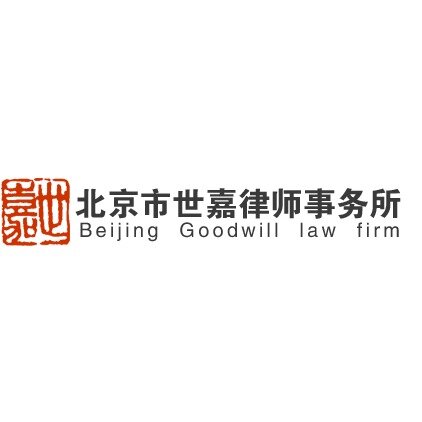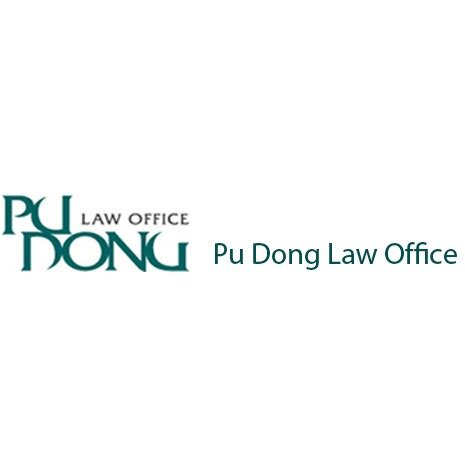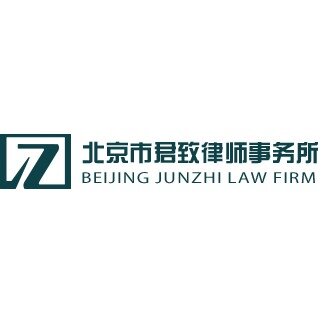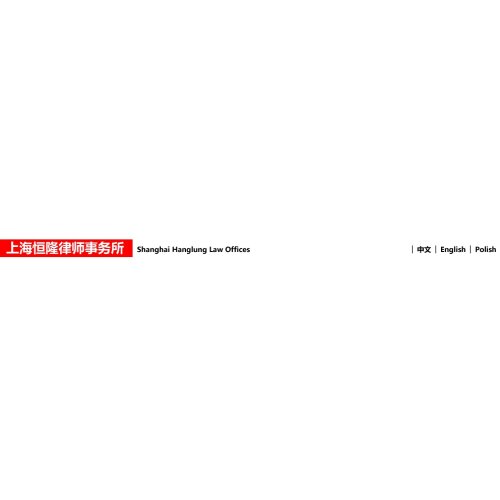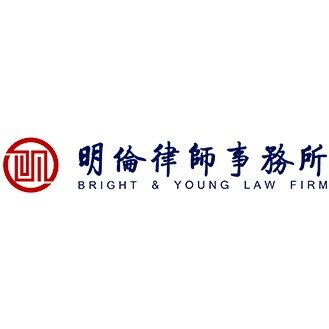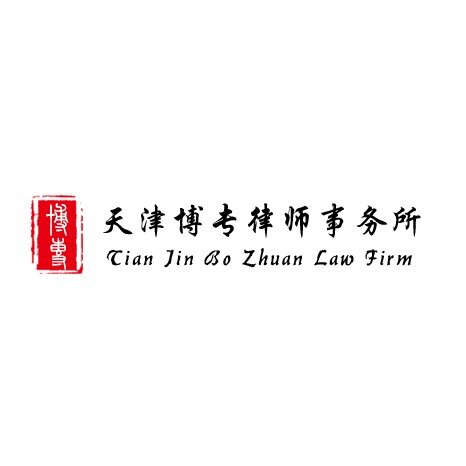Best Energy Regulatory Law Lawyers in China
Share your needs with us, get contacted by law firms.
Free. Takes 2 min.
Or refine your search by selecting a city:
List of the best lawyers in China
About Energy Regulatory Law in China
Energy Regulatory Law in China refers to the set of laws, regulations, and policies that govern the production, distribution, consumption, and oversight of energy resources. This field of law encompasses guidelines for electricity, coal, natural gas, oil, nuclear, and renewable energies. The primary aim is to ensure energy security, encourage sustainable development, address environmental concerns, and manage the price and supply of energy within China. The sector is highly regulated with strict government involvement, mainly through bodies such as the National Energy Administration and other relevant ministries. These ensure compliance with national energy strategies and environmental obligations.
Why You May Need a Lawyer
Legal issues in Energy Regulatory Law can be complex involving multiple statutes, technical requirements, and administrative procedures. You may need a lawyer in the following situations:
- Starting a new energy project and handling license or permit applications
- Negotiating power purchase agreements or supply contracts
- Compliance audits and regulatory investigations
- Environmental impact assessments and addressing related legal obligations
- Resolving disputes between energy providers, consumers, or with government agencies
- Mergers, acquisitions, or restructuring in the energy sector
- Intellectual property rights related to new energy technologies
- Investment by foreign entities in China’s energy market
- Dealing with tariff, pricing, and grid connection regulations
- Participating in carbon trading or meeting renewable energy quotas
Local Laws Overview
Energy Regulatory Law in China is shaped by several key pieces of legislation, administrative regulations, and industry standards. Some important aspects include:
- Electricity Law of the People’s Republic of China - Provides the framework for power generation, distribution, and grid operations
- Renewable Energy Law - Mandates the development and integration of renewable energy sources into the national grid and sets quotas for usage
- Energy Conservation Law - Enforces energy efficiency across industries, sets benchmarks, and requires audits
- Administrative Measures on Licensing of Power Business - Details licensing procedures and compliance requirements for energy companies
- Environmental Protection Laws - Overlap with energy by regulating emission standards and project approvals
- Policies for Foreign Investment - Specify which types of energy projects are open, restricted, or prohibited for foreign investors
- Grid Access and Tariff Regulation - Managed by the National Development and Reform Commission and National Energy Administration to set tariffs and grid connection rules
Local policies may further restrict or encourage certain types of energy projects, especially in pilot zones or regions with specific environmental challenges.
Frequently Asked Questions
What are the key government agencies involved in energy regulation in China?
The main agencies are the National Energy Administration and the National Development and Reform Commission. Other relevant bodies include the Ministry of Ecology and Environment and provincial energy authorities.
Can foreign companies invest in China’s energy sector?
Yes, but there are restrictions, especially in oil, gas, and nuclear projects. Renewable energy and clean technology sectors are generally more open to foreign investment, subject to the negative list and sector-specific regulations.
What is required to obtain an energy project license?
You must submit an application with a feasibility study, environmental impact assessment, compliance documentation, and evidence of qualified personnel and safety protocols. Approvals are granted by relevant local and national authorities.
How are electricity prices regulated?
Electricity tariffs are largely set by the government based on cost, supply, demand, and policy objectives. Some limited market-based pricing exists following recent reforms.
What are the main compliance obligations for energy companies?
These include licensing, safety standards, environmental protection, data reporting, participation in audits, and adherence to national and local energy policies.
Are there special rules for renewable energy projects?
Yes, renewable projects must meet specific quotas and reporting obligations, obtain grid connection approval, and sometimes benefit from government subsidies and preferential policies.
How are disputes in the energy sector resolved?
Disputes can be resolved through administrative rulings, mediation, arbitration, or litigation. Many contracts specify arbitration as the preferred method, often in established centers like CIETAC.
What environmental regulations apply to energy projects?
Projects must comply with the Environmental Protection Law, obtain environmental impact assessment approvals, and meet emission and efficiency standards. Stringent penalties apply for noncompliance.
What roles do local governments play in energy regulation?
Local governments enforce national policies, issue certain permits, supervise compliance, conduct inspections, and sometimes offer incentives or enforce restrictions based on local conditions.
How can a lawyer assist with mergers and acquisitions in the energy sector?
A lawyer can conduct due diligence, draft contracts, navigate regulatory approvals, help with transaction structuring, and manage risks arising from compliance or policy changes.
Additional Resources
If you require more information or direct guidance, consider the following resources:
- National Energy Administration
- Ministry of Ecology and Environment
- National Development and Reform Commission
- State Grid Corporation of China
- China Electricity Council
- China Renewable Energy Society
- Local Bar Associations and professional legal societies
- Major law firms with a focus on energy and environmental law
Next Steps
If you need legal assistance with Energy Regulatory Law in China, consider the following steps:
- Clarify your legal issue or need and gather relevant documents or facts
- Consult with a lawyer or legal firm experienced in energy regulatory matters in China
- Prepare a list of questions and goals for your consultation
- Discuss fee arrangements and scope of work before formal engagement
- Work closely with your lawyer throughout regulatory processes, contract negotiations, or dispute resolution proceedings
- Keep up to date with changes in regulations by following government announcements and industry news
Prompt action and professional guidance will help ensure compliance, protect your interests, and facilitate successful participation in China's rapidly evolving energy sector.
Lawzana helps you find the best lawyers and law firms in China through a curated and pre-screened list of qualified legal professionals. Our platform offers rankings and detailed profiles of attorneys and law firms, allowing you to compare based on practice areas, including Energy Regulatory Law, experience, and client feedback.
Each profile includes a description of the firm's areas of practice, client reviews, team members and partners, year of establishment, spoken languages, office locations, contact information, social media presence, and any published articles or resources. Most firms on our platform speak English and are experienced in both local and international legal matters.
Get a quote from top-rated law firms in China — quickly, securely, and without unnecessary hassle.
Disclaimer:
The information provided on this page is for general informational purposes only and does not constitute legal advice. While we strive to ensure the accuracy and relevance of the content, legal information may change over time, and interpretations of the law can vary. You should always consult with a qualified legal professional for advice specific to your situation.
We disclaim all liability for actions taken or not taken based on the content of this page. If you believe any information is incorrect or outdated, please contact us, and we will review and update it where appropriate.
Browse energy regulatory law law firms by city in China
Refine your search by selecting a city.



